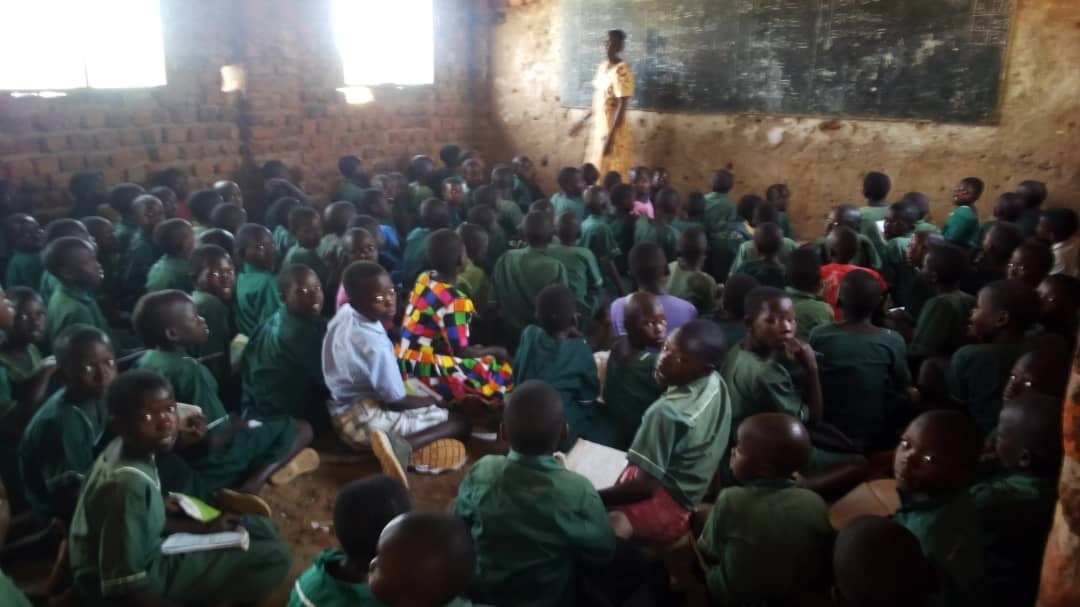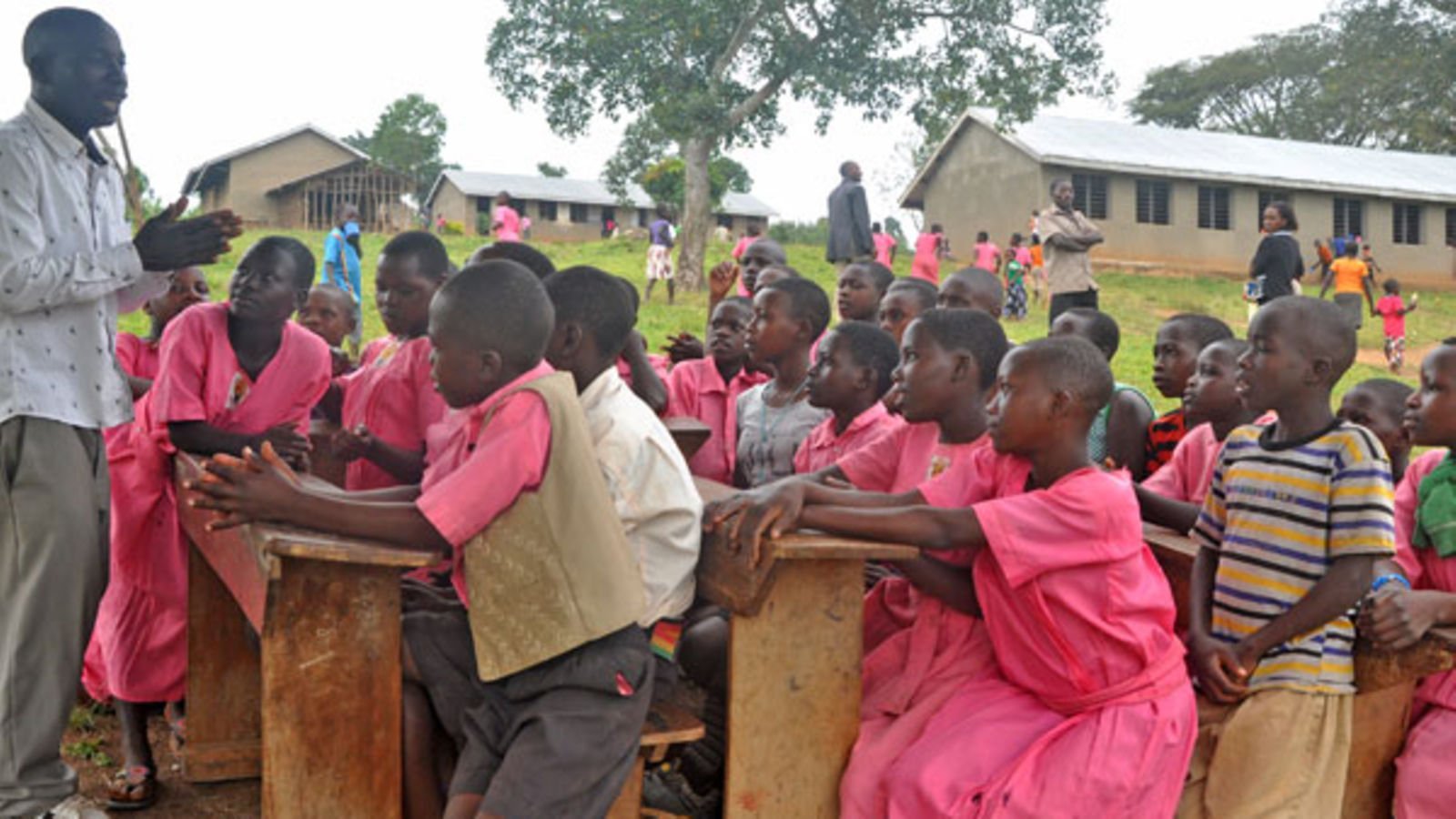54% of pupils in Pallisa fail to complete primary – study

Pupils attend class at Ngalwe Primary School in Pallisa District. Fifty-four percent of pupils who began Primary One in Universal Primary Education (UPE) schools in Pallisa District, Bukedi Sub-region, in 2015 failed to complete their primary education by 2022. PHOTO/MUDANGHA KOLYANGHA
What you need to know:
- The government allocates a capitation grant of Shs16,998 annually to each child enrolled under the Universal Primary Education (UPE) programme.
- Consequently, the four districts collectively lost Shs383.5 million in a single academic year due to incomplete primary education cycles.
Fifty-four percent of pupils who began Primary One in Universal Primary Education (UPE) schools in Pallisa District, Bukedi Sub-region, in 2015 failed to complete their primary education by 2022, a report has revealed.
The report by Citizen Initiative for Democracy and Development-Uganda (CIDD-UG), which analysed the performance of the 2015/2022 UPE cycle in the district, revealed that 8,590 pupils (4,321 boys and 4,269 girls) did not complete the primary cycle.
The report, which was conducted in 76 government-aided primary schools, also found that the non-completion rate is highest in Pallisa compared to other districts in the sub-region.
While presenting the findings during the district policy dialogue on basic education and children learning in Pallisa on Tuesday last week, the CIDD-UG planning and programmes director, Mr Moses Kagwa, revealed that most of the pupils below Primary Six in the district do not know how to read and write.
“The education sector demands serious intervention because these are some of the factors that are contributing to the poor performance in the district,” Mr Kagwa said.
Mr Kagwa said the non-completion rate in the four districts of Butebo, Pallisa, Budaka and Kibuku stands at 51 percent.
The report also shows that the average non-completion rate for boys in the sub-region stands at 49.6 percent while that of girls is 50.4 percent.
“…Butebo and Kibuku districts are the most affected by the non-completion of girls,” Mr Kagwa said.
District leaders respond
The Pallisa District Education Officer, Ms Agnes Lukendo, said there is a need for collective efforts to reverse the trend and improve academic performance.
“The negative perception by parents to execute their roles remains a big challenge. Pupil retention and good results require concerted efforts from all stakeholders,” she said.
The Pallisa District Inspector of Schools, Ms Jesca Ojangole, said challenges such as lack of staff accommodation, classrooms, and parents’ failure to make contributions like feeding their children affect the performance of the school.
“There are fears that the massive enrolment of children in primary school without commensurate expansion in facilities such as classrooms, desks, staff houses, pit-latrine stances, textbooks and teachers may compromise on the quality of education,” she said.
The Deputy Resident District Commissioner, Ms Assa Nakusi, cautioned head teachers against excessive charges for remedial tests, saying such practices discourage students and can ultimately result in dropout rates increasing.





